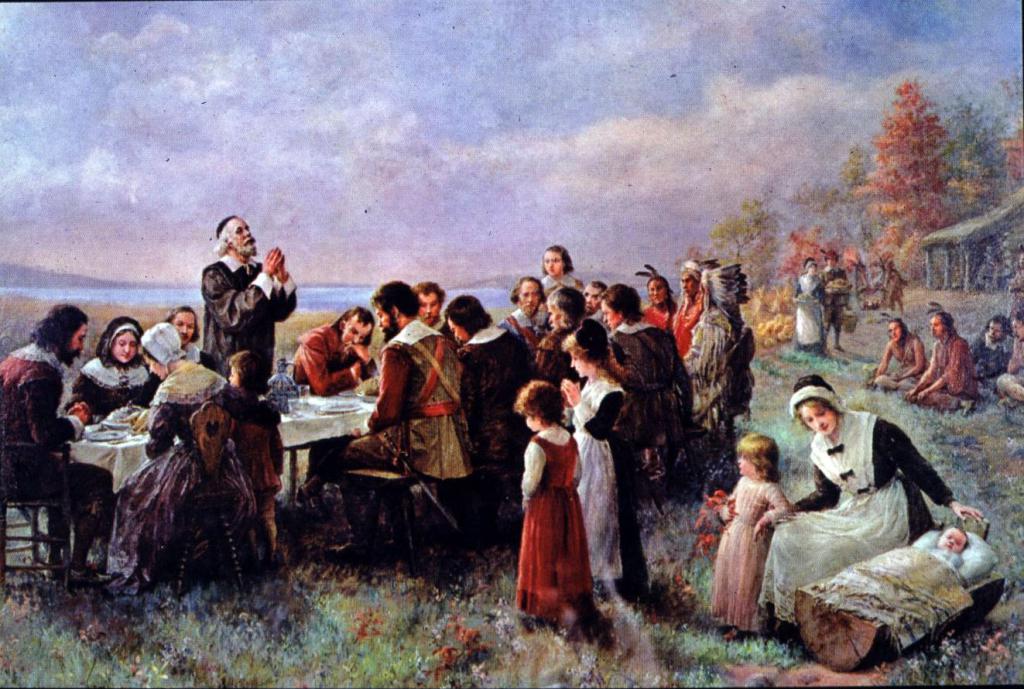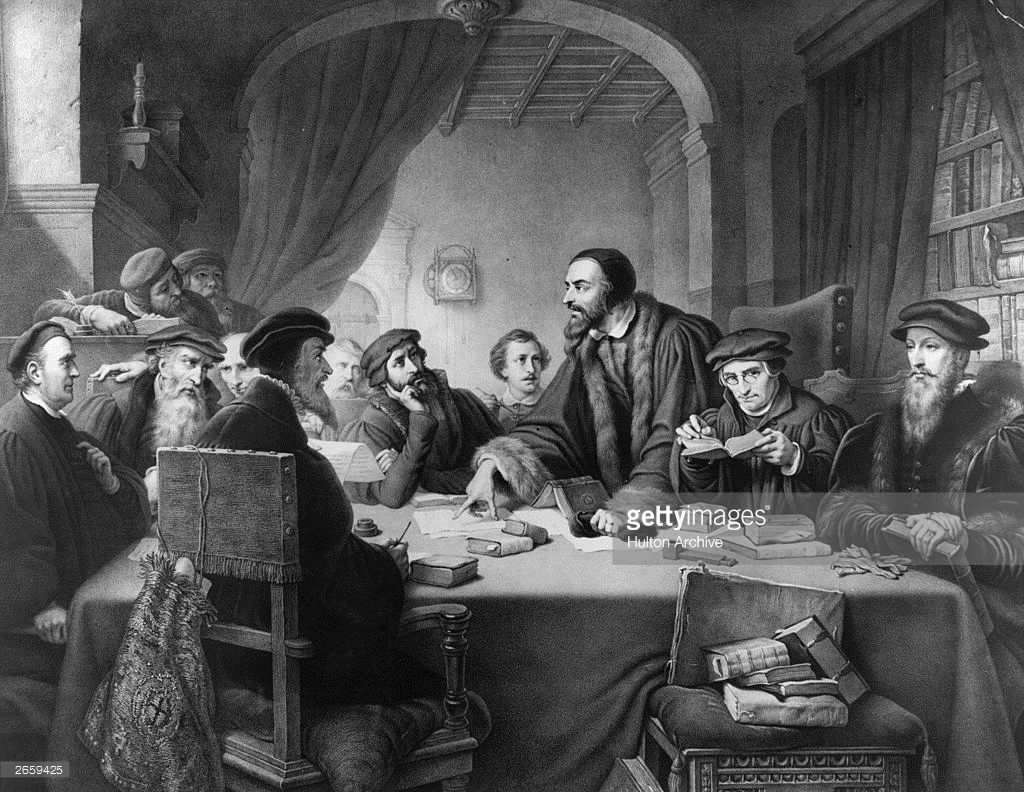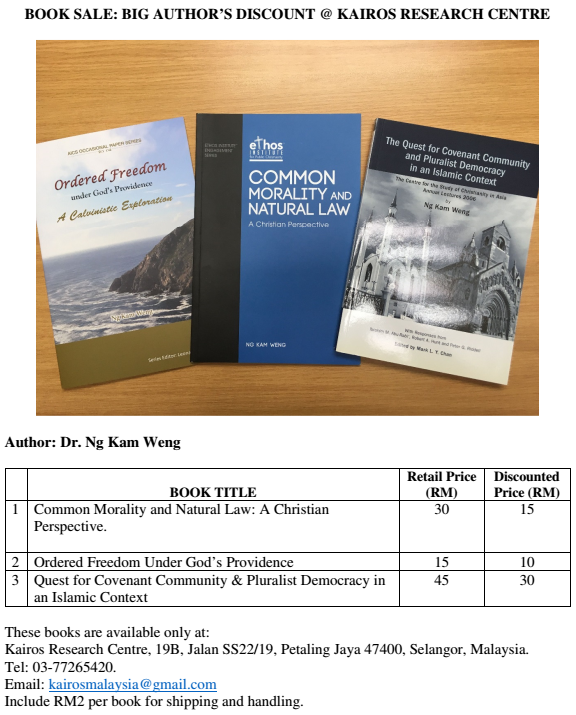Calvin Refusing The Lord’s Supper To The Libertines, In St. peter’s cathedral, Geneva. RELATED POSTS: John Calvin’s Reformation in Context – Calvin’s Social Theology. Part 1/4 John Calvin on the Necessity of Civil Government – Calvin’s Social Theology. Part 2/4 Inevitably, tension can arise between the church and the civil order, especially when kings and … Continue reading “John Calvin’s Response When Civil Government Turns Bad – Calvin’s Social Theology. Part 3/4”
 Calvin Refusing The Lord’s Supper To The Libertines, In St. peter’s cathedral, Geneva.
Calvin Refusing The Lord’s Supper To The Libertines, In St. peter’s cathedral, Geneva.
RELATED POSTS:
John Calvin’s Reformation in Context – Calvin’s Social Theology. Part 1/4
John Calvin on the Necessity of Civil Government – Calvin’s Social Theology. Part 2/4
Inevitably, tension can arise between the church and the civil order, especially when kings and magistrates abuse their power and the state poses obstacles to genuine holiness. How should the church respond? Should the church meekly comply, or engage in passive resistance or even actively rebel to overthrow an oppressive government? In response to such tension, Calvin’s political realism is evident.
But it is the example of all ages that some princes are careless about all those things to which they ought to have given heed, and, far from all care, lazily take their pleasure. Others, intent upon their own business, put up for sales laws, privileges, judgments, and letters of favor. Others drain the common people of their money, and afterward lavish it on insane largesse. Still others exercise sheer robbery, plundering houses, raping virgins and matrons, and slaughtering the innocent. Consequently, many cannot be persuaded that they ought to recognize these as princes and to obey their authority as far as possible. (Inst. 4.20.4)
Matters become worse when magistrates who are regarded as guardians of peace, protectors of righteousness and avengers of the innocence and who are appointed as minsters of God “to praise the good, and punish the evil regarded fail their duty to praise the good and punish the evil (1 Peter 2:14 Vg). Thus, they also do not recognize as ruler him whose dignity and authority Scripture commends to us. Indeed, this inborn feeling has always been in the minds of men to hate and curse tyrants as much as to love and venerate lawful kings.” (Inst. 4.20.4) Continue reading “John Calvin’s Response When Civil Government Turns Bad – Calvin’s Social Theology. Part 3/4”








